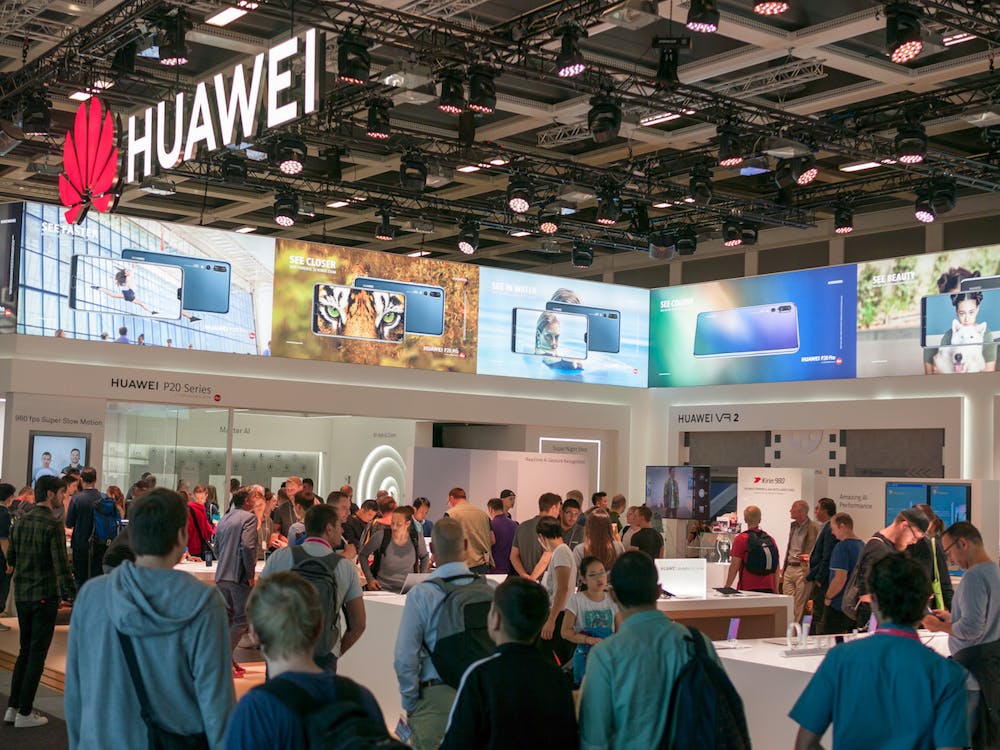Over the years, China’s growing global influence as an autocratic country has strained the political and economic relationship with a democratic United States.
Hal Brands, a professor at the Hopkins School of Advanced International Studies hosted a discussion with two affiliates from the Hopkins Applied Physics Laboratory — Richard Danzig, former secretary of the Navy and Christine Fox, former deputy secretary of defense — to discuss a series of reports concerning China-U.S. technological connections.
The discussion explored how the worsening relationship, accentuated by the pandemic, impacts the exchange of technological advances between the two countries.
Fox believes that China’s successful handling of the pandemic positions it to accomplish significant economic and social progress.
“I am concerned about China’s global aspirations in terms of influence. We need to pay attention to the fact that China dealt with COVID and saw it as an opportunity to advance their objectives globally,” Fox said.
The hesitation to share technological advances stems from the possibility that countries are using their control of information and network to coerce their rivals. In particular, the panelists mentioned the lack of U.S. leadership in 5G technologies compared to Huawei, the biggest technological company in China.
“China has been using the COVID-19 response and Health Silk Road to bring Huawei capabilities all over the world, and then through that, to also get data and to advance their particular preference for their system of governance,” Fox said.
The spread of 5G is one example of a possible wider state of vulnerability for the United States. While some argue that the two countries should refrain from being interdependent on each other, experts agree that it is impossible to become self-sufficient.
China has become very intertwined with the rest of the world, including the United States. According to Danzig, it will be difficult for either country to extricate themselves from the close, albeit tense, relationship.
“One might ask at square one: ‘Can you unscramble eggs and would it be beneficial to do so?’ I believe that it would be remarkably costly, both in dollars and in capabilities,” Danzig said. “China and the U.S. are like a quarrelling couple who has to share a house.”
Taking into consideration both the political uneasiness between the two countries and the near impossibility of cutting ties with China, Fox and Danzig stressed the importance of balancing effective communication and interdependence with the protection of American national security.
“I believe that you can’t be so in love with the desire for cooperation that you sleight the real abuses that China has been involved in, while on the other hand, you can’t be so outraged at those abuses that you lose track of what you need to do to cooperate,” Danzig said.
The best plan, according to the panelists, involves prioritizing international technological advancements for the benefit of the world.
“I think the challenge is to understand how technology advancements can benefit the international community, and then separate out those aspects of it that are troubling us from a national security perspective,” Fox said.
To some, this might seem destabilizing. The sharing of technological information might put the U.S. at an even more vulnerable position. However, Danzig commented that this sharing of information contributes to a relationship that is vulnerable for both the U.S. and China.
“We’re trading the advantages that we gain for the disadvantages that we experience,” Danzig said. “We’re not going to be pristine in this relationship, and they’re not going to be pristine in this relationship. But fortunately, being pristine is not a prerequisite.”
To maximize the advantages while minimizing the disadvantages, the panelists said that the U.S. should deliberately and carefully examine technological research field by field. For some areas of research, like COVID-19 vaccines, the pros of cooperation outweigh the cons. For others, like 5G and Huawei, it’s the opposite.
“It’s very appropriate to look in detail at individual technology areas,” Danzig said. “But when you get done with that, you also have to realize that while technology is important, the most fundamental question is going to be the character of the relationship.”





